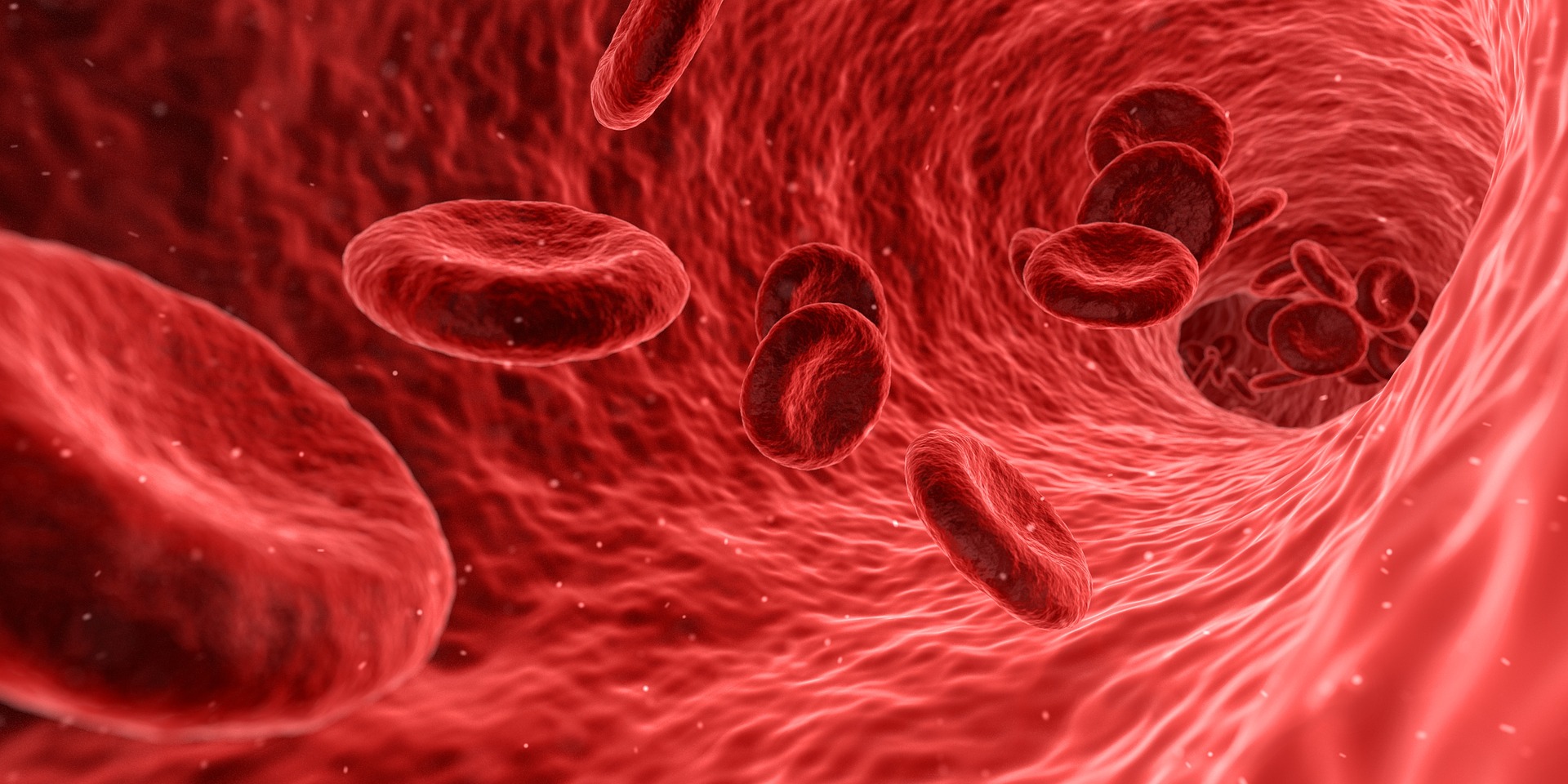Why is the discovery of the Er blood group system important?

We often think that blood groups are limited to A, B, O and AB, but this is actually just one of around 40 blood classification systems. The latest discovery, called Er, managed to explain a mystery that experts have been wondering about since the 1980s
The discovery of the blood group system called Er took place in 1982 but now a research by a team from the Nhs Blood and Transplant (Nhsbt) in the United Kingdom has managed to identify two new alternative versions of the Er antigen that have added to those already Note.
In addition to making transfusions safer for people with this rare blood type, the discovery could help understand the rare cases of incompatibility between mother and fetus that so far had not found an explanation.
WHAT MAYBE WE DON'T KNOW ABOUT BLOOD GROUPS
We are usually used to thinking that there are four main blood groups: A, B, O and AB (ABO system) but this is only one of the blood classification systems.
There are actually many more, and each categorizes red blood cells based on differences in the sugars or proteins on their surface. Precisely these antigenic differences help our body, in the event of an 'attack' by a different antigen (for example a type of blood different from ours), to recognize potential threats and to activate the immune system which begins to produce antibodies against it. molecule.
Er, then, is one of these different ways of classifying blood – the 44th to be exact, if the International Society of Blood Transfusion ratifies the official results.
THE DISCOVERY OF ER
The Er antigen was first identified in 1982 and in the following years three alternative versions of it were identified: Er a, Er b and Er3, to which Er4 and Er5 have now been added.
The discovery of the latter two versions occurred by investigating the neonatal death of a baby in the UK. As Wired explains, doctors realized that there was something wrong with the fetus's blood and after an emergency cesarean they tried in vain for transfusions. The newborn, however, had a cerebral hemorrhage of no simple interpretation except for a clue: some particular antibodies present in the mother's blood.
From here the doctors, along with some researchers from a Bristol laboratory specializing in the study of blood groups, found that the woman's blood was of an ultra rare type and this could have made her baby's blood incompatible with his own.
It is hypothesized, in fact, that his immune system may have produced antibodies against the blood of the fetus, which came into contact with it through the placenta .
BECAUSE IT IS AN IMPORTANT DISCOVERY
Thanks to the discovery of this new blood subgroup, doctors will be able not only to make transfusions even safer but also to diagnose and intervene in cases of incompatibility between mother and fetus.
"Discovering the genetic basis of blood groups – explained Nicole Thornton, serologist at the NHSBT – allows us to develop new tests to identify those with uncommon blood groups, with the aim of providing the best possible care even for the rarest patients".
"This discovery – he added – solves the over 30-year mystery of the genetic background of this blood group system, but the most important consideration for us, in investigating these cases, was to be able to provide answers to two mothers who they tragically lost their children. The more we know about these rare blood type variations, coupled with the ability to be able to test and identify them, the better care we will be able to offer such patients in the future. "
This is a machine translation from Italian language of a post published on Start Magazine at the URL https://www.startmag.it/sanita/perche-e-importante-la-scoperta-del-sistema-di-gruppi-sanguigni-er/ on Wed, 12 Oct 2022 08:35:03 +0000.
